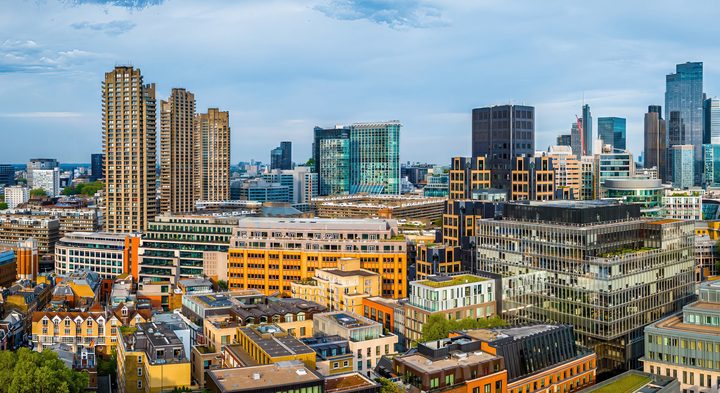Work trips are a cornerstone of professional development, allowing individuals to enhance their career prospects and add value to the company they work for.
The UK is one of the most poignant business tourism destinations in the world. While many trips take place nationally, others involve international travel. Although there were predictions that remote working would cause face-to-face meetings to dwindle, it has simply transformed the way we approach them. Instead, they are viewed as a healthy and vital part of keeping the company culture alive.
It’s no secret that tight schedules, unfamiliar environments and potential jet lag can cause stress while you’re away, so here are some pointers to help you get the most out of your next business trip.
Planning the trip
If you’re in charge of booking flights and accommodation, make sure you do this well in advance. This is especially important during peak seasons.
Once these details are confirmed, it may be useful to form an itinerary. Set out all your meetings and travel times, factoring in buffer periods that create leeway for potential delays. Research local transport options like trains, tubes or taxis, and consider purchasing travel cards for ease and cost-effectiveness. If your trip is in the UK, your company might supply a fleet of vehicles built up of reputable cars that create the right impression. There are plenty of used BMW 2 series for sale, for example.
For accommodation, choose somewhere centrally located with good Wi-Fi connectivity and ideally a desk in case you need to do some work. Consider factors like proximity to meeting locations.
Finally, pack all essential documents, including passports and relevant visas. Make sure you have digital copies of travel insurance and any work materials too.
Setting business objectives
Before you go, clearly define your goals to determine what you want to get out of your time away. Is the goal to secure a new client, finalise a contract or foster stronger relationships with existing partners? Having a clear purpose will guide your interactions during your trip.
Meeting agendas can help with this so that each client interaction is valuable. If this is the first time you’ll be introduced to certain people, take time to research them and the companies they’re representing. Prepare talking points and anticipate potential questions so you feel fully prepared.
Maintaining your wellbeing
The more well-rested you are, the more productive you’ll be. If you’re going to experience jet lag, take time to adjust your sleep schedule gradually before you leave. While there, listen to your body and try your best to adapt your typical sleeping patterns to the new time zone so you’re on good form during get-togethers.
Regarding cuisine, try to maintain a balanced diet and avoid overly processed foods or excessive caffeine intake. Pack healthy snacks for travel days to avoid impulsive purchases.
Staying active will also help. Go for short walks and take advantage of any fitness facilities in your hotel
Making the most of downtime
While business trips tend to serve a commercial focus, it’s important to maintain a good work-life balance.
Dedicate some time to explore the city and try out the local cuisine. You could do this with your colleagues to get to know them better, plus, having insight into the local area could help with talking points when seeing clients that are based here.
Adaptability
Unforeseen delays can happen while travelling for work. To maintain a professional image, make sure you schedule buffer periods between meetings to stay punctual.
Be prepared to adjust your schedule or find alternative solutions in case you encounter any issues. Learn a few basic phrases in the local language to help with communication.




